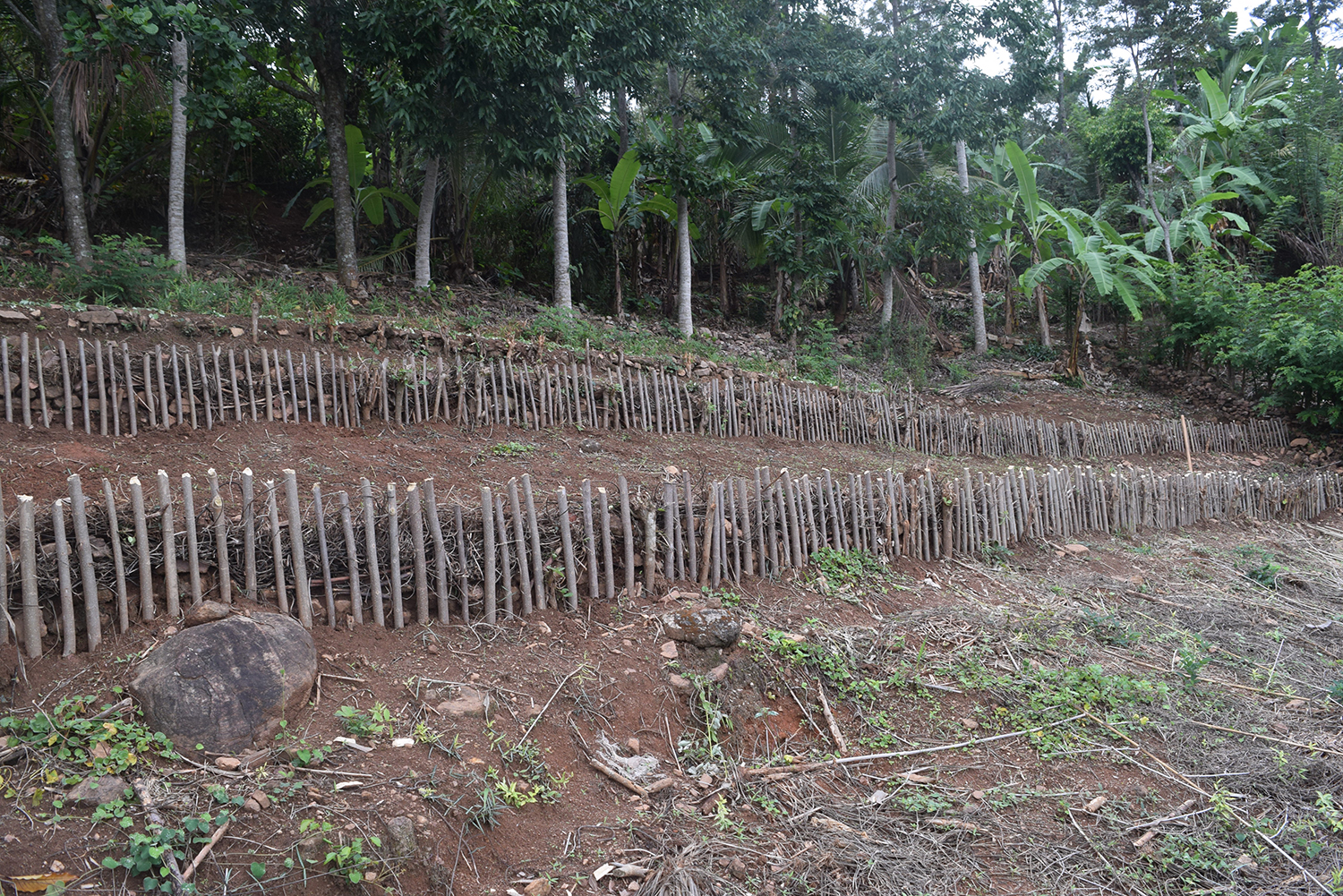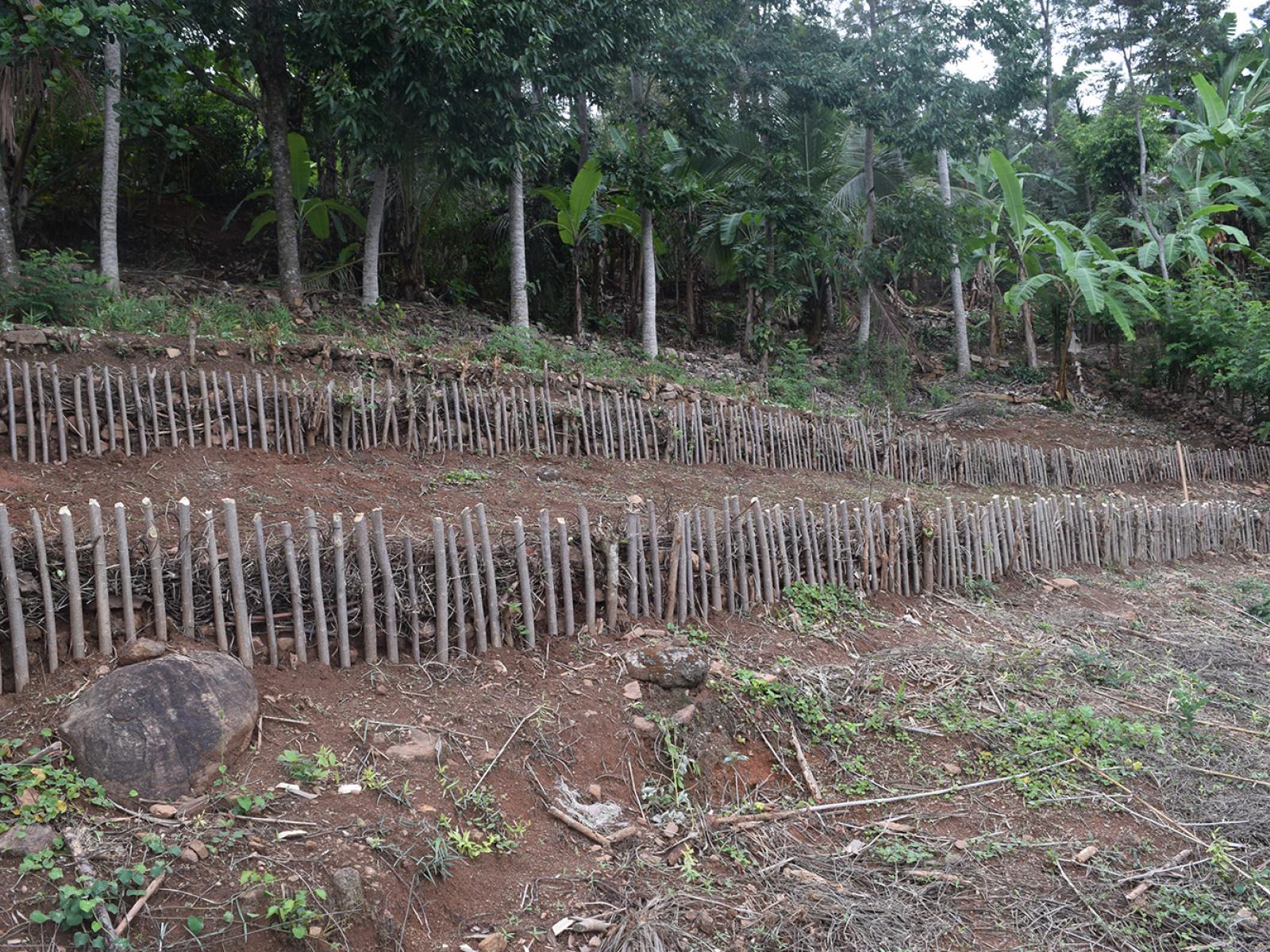An Overview Of Our Solution
- Population Impacted:
- Continent: Asia
Organization type
Population impacted
Size of agricultural area
Production quantity
People employed
Describe your solution
Describe your implementation
External connections
What is the environmental or ecological challenge you are targeting with your solution?
Describe the context in which you are operating
When MVP initiated activities in the two marginalized villages two years ago the communities were backward and lacked knowledge and capacity on farming, value of environment conservation and livelihood enhancement. Hardly any state agency showed interest in providing facilities to the communities. With the training they received and exposure to advice from experts, university lecturers and students, their confidence and capacity improved, so that they could voice their troubles and receive a response. In the 63 families, 42 participated actively in project activities, their knowledge on environment improved. Due to the reduction in the use agro chemicals (from 8000 kilos per season to 4000 per season) 300 downstream families got cleaner water. Food security and food sovereignty improved as 36 new varieties of food crops and trees were planted in home plots. Family health improved through the consumption of non-chemical foods and a saving of LKR 225,000 per season for the village can be recorded from reducing the use of agro chemicals
How did you impact natural resource use and greenhouse gas emissions?
Language(s)
Social/Community
Water
Food Security/Nutrition
Economic/Sustainable Development
Climate
Sustainability
The grant from the Global Environment Facility of US$29,000, assisted in initiating the work in the village. The main activity undertaken was to establish erosion control methods in village farm plots in sloping lands which gave the farmers the opportunity to protect their lands and soil from further erosion. They are fully convinced that protecting their land is a key to better crops and higher yields. Soil conservation practices and land management practices therefore will continue in the village regardless of external monetary payments. The income for the farmers come from market based activities i.e. selling their produce for an acceptable price. One of the main benefits have been the fact that the exploitative middle man has been
Return on investment
Entrant Banner Image

